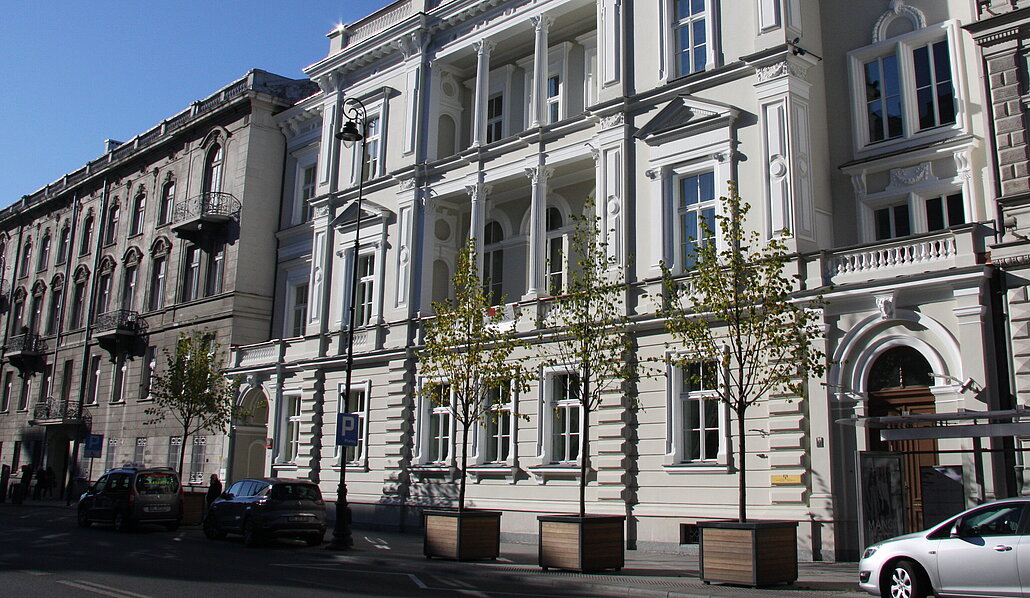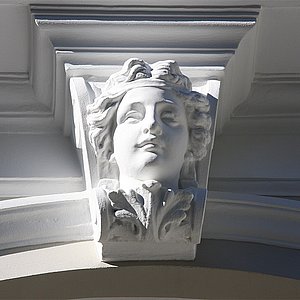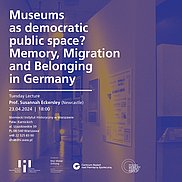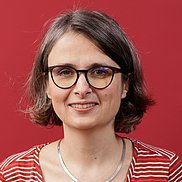Das Interesse an der Geschichte der Psychiatrie begann allmählich beachtenswert seit den 1970er Jahren zu sein, als mehrere einflussreiche Sozialwissenschaftler und Historiker die „Anti-Psychiatrie-Bewegung“ kritischer Reflexion unterzogen haben, aber auch als zudem die Konzepte von M. Foucault bei ihnen größere Resonanz gefunden haben. Etwa bis zu den 1960er Jahren war in den kanonischen Darlegungen der Geschichte der Psychiatrie die optimistische und nahezu hagiographische Bewertung der ersten Ansätze humaner Behandlung von psychisch Kranken vorherrschend, welche gewöhnlich mit der Tätigkeit von P. Pinel, V. Chiarugi oder S. und W. Tuke verbunden wurde.
Während der späten 1960ern und in den 1970ern begegnen wir dabei immer häufiger Kritik an der zeitgenössischen psychiatrischen Praxis, insbesondere dann an dem Missbrauch von Internierung, Psychopharmaka und anderer Eingriffsformen in die menschliche Freiheit und Integrität. Nicht ausschließlich die provokativen Thesen von M. Foucault waren bei dieser kritischen Einstellung von Belang, sondern z. B. auch das Theaterstück von K. Kesey Let's Get Him Out of the Wheel (verfilmt vom tschechischen Emigranten M. Forman unter dem Titel One Flew Over the Cuckoo's Nest). In ihren Werken stellten manche bedeutenden Psychiater, allen voran T. Scheff und T. Szasz, nicht nur die zeitgenössischen psychiatrischen Verfahren in Frage, sondern auch das Konzept der „Geisteskrankheit“ als solches, indem sie auf seine konstruktivistische Beschaffenheit und zudem auf seine Missbrauchsmöglichkeiten hingewiesen haben.
Ist „Geisteskrankheit“ nur eine Art „Restkategorie“ zur Bezeichnung unerwünschter Verhaltensweisen, die nicht ohne weiteres kriminalisiert werden können? Galt etwa „Irrenhaus“ nur als geordnete Einrichtung zur Internierung unbequemer sozialer Elemente, die nicht legal eingesperrt werden können (wobei die Grenzziehung zwischen beiden Kategorien immer heikel sein dürfte)?
In Mittel/Osteuropa tauchte ähnliche Kritik erst ab den 1990er Jahren auf, insbesondere mit der Aufdeckung brutaler Praktiken in psychiatrischen Einrichtungen in der ehemaligen UdSSR, wo politischer und ideologischer Missbrauch psychiatrischer Einrichtungen zur Internierung und ziviler Degradierung unbequemer Personen Alltag war.
Das gemeinsame Motiv all solcher Untersuchungen stellte die Akzentuierung sozialer und politischer Dimensionen dieses scheinbar „gerechten“ medizinischen Bereichs dar.
Das Ziel der geplanten Tagung ist ein überregionaler Vergleich der Bedingungen und Strategien, unter denen sich die Psychiatrie als eigenständiges medizinisches Fachgebiet und als spezifisches Behandlungsangebot in verschiedenen europäischen Ländern und Regionen zwischen dem späten 18. und frühen 20. Jahrhundert entfalten hat (d.h. im Wesentlichen von den aufklärerischen Ursprüngen des „humanistischen Diskurses“ über psychische Erkrankungen bis zur Verbreitung der Psychoanalyse einerseits und der Psychopharmaka andererseits).






